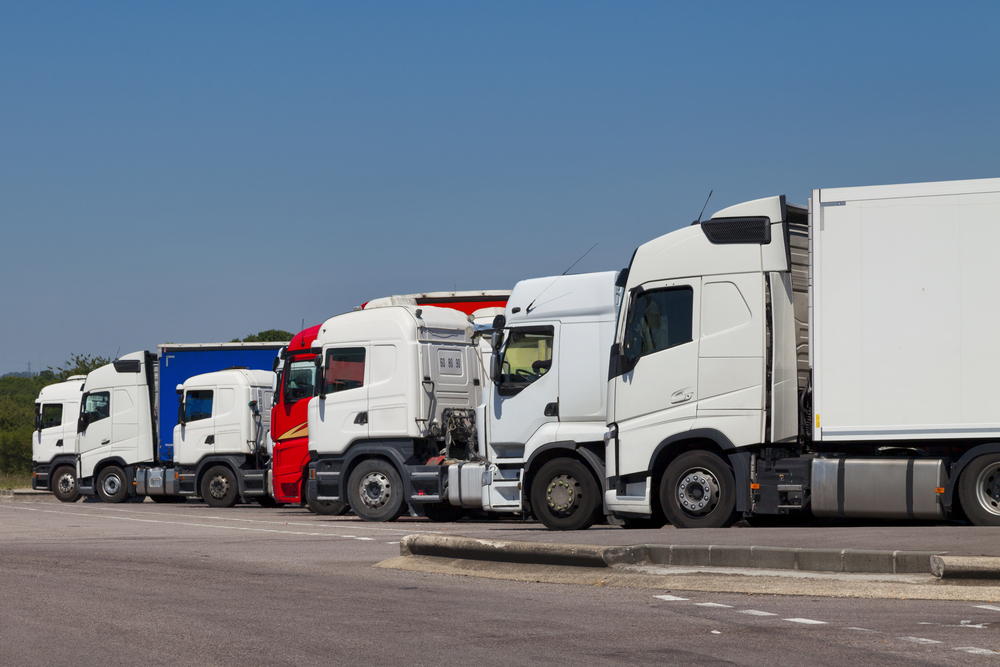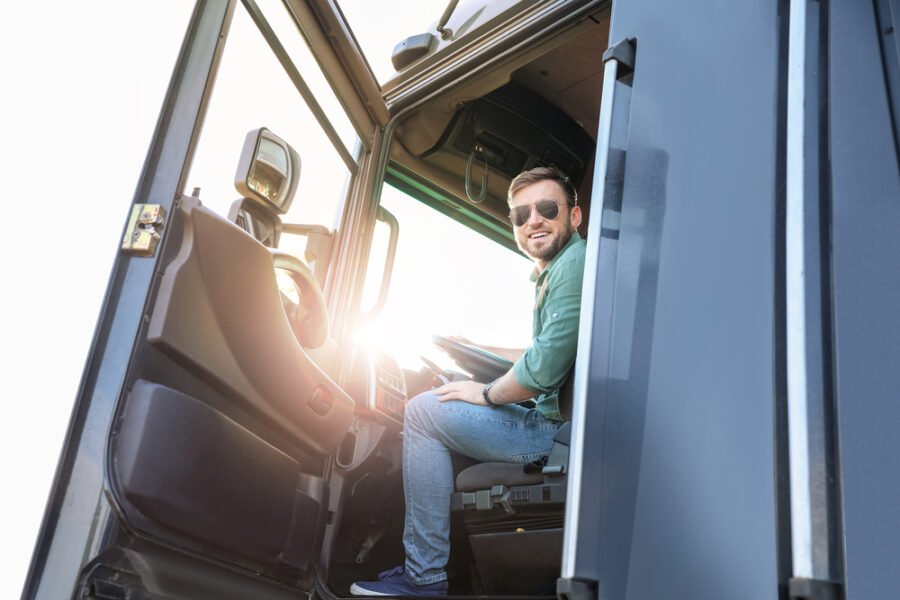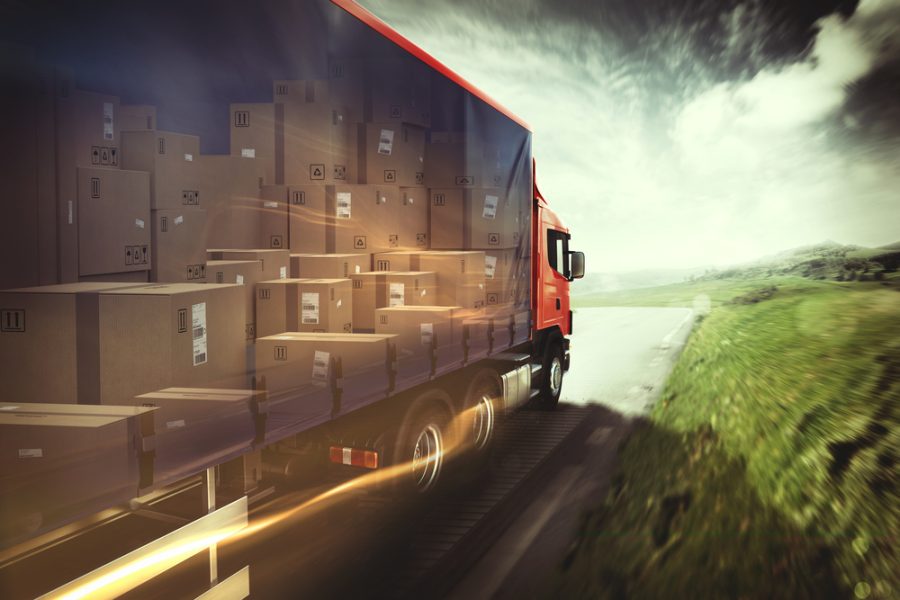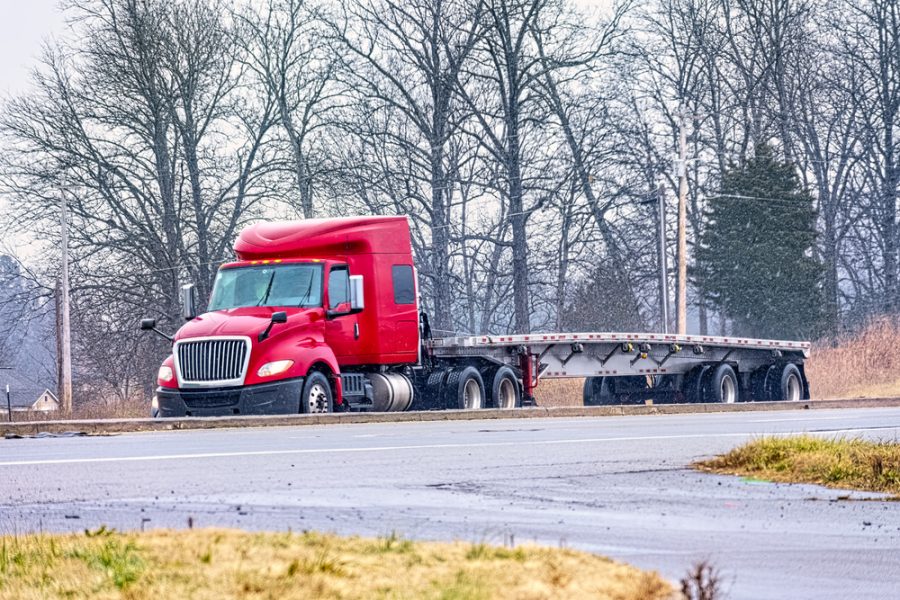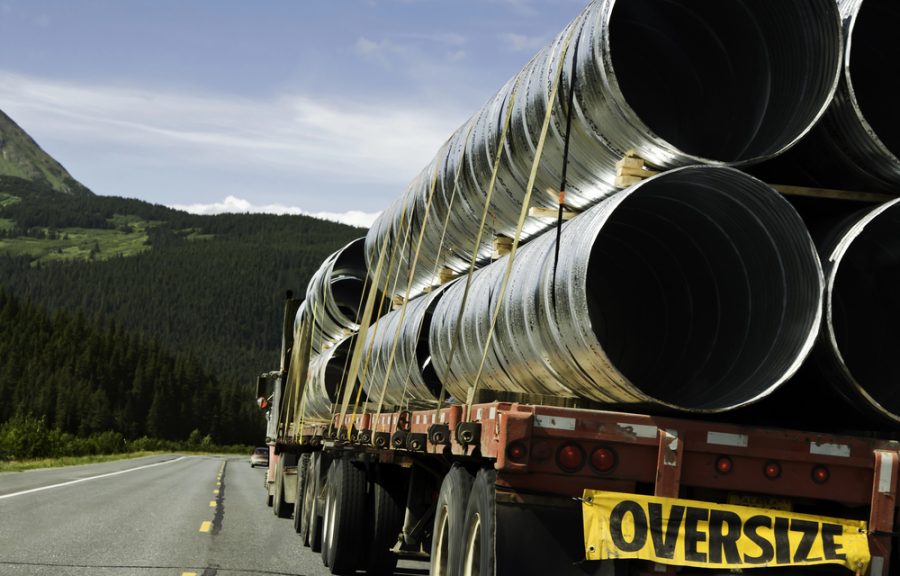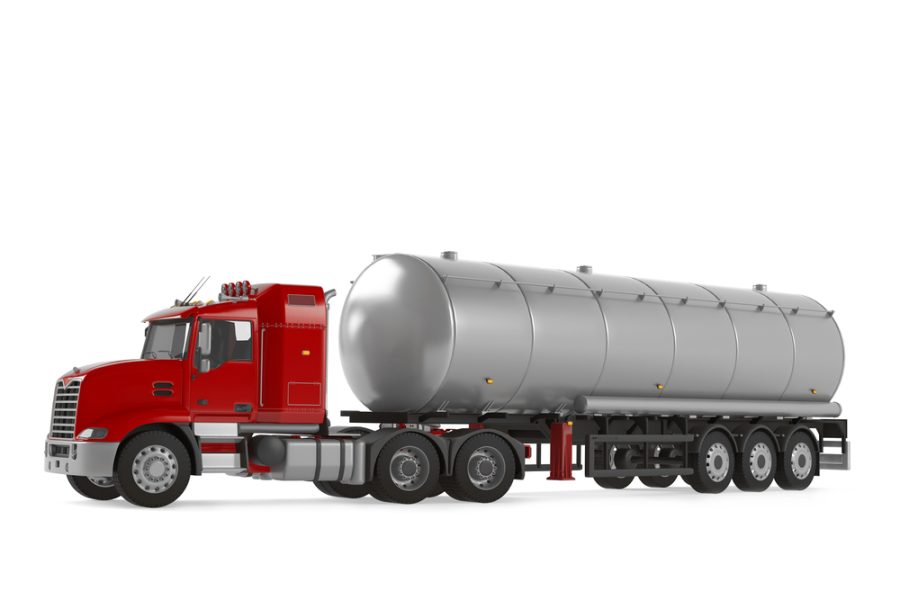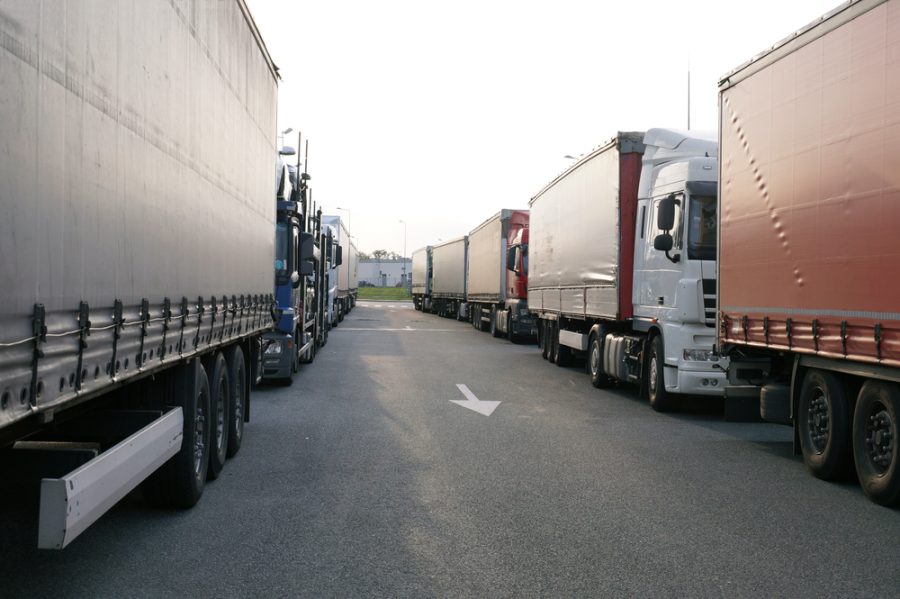Introduction
The trucking industry is huge and drivers with a commercial driver’s license are the lifeblood of getting goods from A to B on time. Knowing the different kinds of trucking is key to trucking and getting the job done. Long-haul trucking means long routes and days on the road, local delivery means multiple stops in a small area – each type of trucking needs different skills and knowledge.
Solo Truck Driving
Solo truck driving means one driver from start to finish, no co-driver. That gives you control of the truck and the route and the ability to decide and be your own boss and have your own schedule.
And with solo truck driving, you have personal space without having to share the cab with someone else. That’s big for those who like solitude and being able to work their own way without compromise.
But solo truck driving isn’t without its challenges. Long hours in the seat with limited breaks are physically and mentally tough. Loneliness is high – solo drivers are on the road for hours without company. That’s a big ask for anyone, but especially for new drivers. It’s for experienced truck drivers who are used to the road and can handle the long-haul trip solo.
New drivers will find isolation and responsibility overwhelming at first, but with time and experience, they’ll cover more miles and get used to solo truck driving. Independent people who like autonomy and have the skills to handle long-haul trips solo are the best fit for this type of driving. Solo is the way most truck drivers choose because it’s hard for anyone to be in a truck with someone else for that long.
Team Truck Driving
Team truck driving means two drivers sharing the truck, usually in shifts to cover more miles and get the job done faster. That’s called a CDL team – one driver rests while the other drives, and there’s continuous movement and faster delivery times.
Team truck drivers get paid more and have more job security because they can cover more miles in less time and are valuable to their employers. With shared duties, tasks are divided and individual workload and stress are reduced.
In team truck driving, two drivers per truck are common – friends, family, or colleagues who fit each other’s schedules and habits. Team-driving jobs have many benefits but also challenges.
Coordinating with a partner means communication and flexibility, especially in the small truck cab. Team drivers have to adjust to each other’s driving styles and habits. New drivers looking for mentorship and experience and people who like company and collaboration are best for team truck driving. Team means two drivers leveraging each other’s strengths to get more done, earn more, and have more fun.
Flatbed Trucking
Flatbed trucking means the freight is hauled on an open platform flatbed trailer with no sides or roof. That’s for cargo that can’t be loaded into a standard enclosed trailer.
Flatbed truck drivers carry construction materials, big machinery, and oversized loads that need special care and skill. Those loads mean drivers need to have skills to secure and handle oversized freight safely so it doesn’t move or get damaged on the way.
One of the best things about flatbed trucking is the cargo variety – drivers can haul all sorts of things, and that makes the job more interesting and fun. Flatbed trucking also pays more because of the skills and physicality involved.
But the job has its own challenges – loading and securing freight is physical, weather is variable and safety is higher because of the loads. New to flatbed trucking? Physically fit and like handling different and hard loads? That’s flatbed trucking – strength, endurance, and attention to detail.
Oversize Load Trucking
Oversize load trucking means freight that’s bigger than the legal size for the highway. Specialized equipment and handling are required. Large equipment and prefabricated structures that can’t be disassembled or hauled conventionally are what oversized load trucking is all about.
Oversize load drivers have to navigate a whole set of rules – special permits, pilot cars, and route planning to avoid low bridges and narrow roads.
The pay is high in oversized load trucking because of the skills and responsibility in this niche market. Drivers in this field feel a sense of accomplishment and professionalism like no other.
But the job has its challenges – logistics are complicated, safety rules are strict and delays can happen because of the complexity of oversized cargo on public highways.
Experienced drivers who have been trained and know how to haul big and heavy freight are best for oversized-load trucking. They have to manage the extra responsibilities and complications of moving massive loads mile after mile, week after week.
Tanker Trucking
Tanker trucking means liquid and gas cargo – often hazardous materials – hauled in specially designed tanker trucks. Those trucks are built to carry all sorts of liquids and gases so industries that need safe and fast liquid and gas movement need them. Tanker truck drivers have to be trained – get hazardous materials endorsements and follow safety rules to prevent accidents and comply with regulations.
Tanker trucking means liquid and gas cargo – often hazardous materials – hauled in tanker trucks. Those trucks are built to carry all sorts of liquids and gases so industries that need safe and fast liquid and gas movement need them. Tanker truck drivers have to be trained – to get hazmat endorsements follow safety protocols to prevent accidents and comply with laws.
The pay is steady in tanker trucking because the cargo is essential and higher when hauling hazmat. But the job has big challenges.
Drivers have to follow safety rules and use specialized equipment to haul liquid and gas loads. Those materials are hazardous so you have to be vigilant and skilled.
Conclusion
Trucking is a whole industry of trucking – solo, team, flatbed, oversized load, tanker – each is different and for different preferences and qualifications. Choosing the right trucking is key to a happy career – job security, pay, and job happiness. Aspiring truck drivers should look into all the options. The industry is a path to a stable life with benefits from trucking companies.
Trucking is a whole industry of opportunities – solo trucking, team trucking, flatbed trucking, oversized load trucking, tanker trucking – each is different and for different preferences and qualifications. Right trucking is key to a happy career – job security, pay, and job happiness. New truck drivers should look into all the options – the industry is a path to a stable life with benefits from trucking companies.
